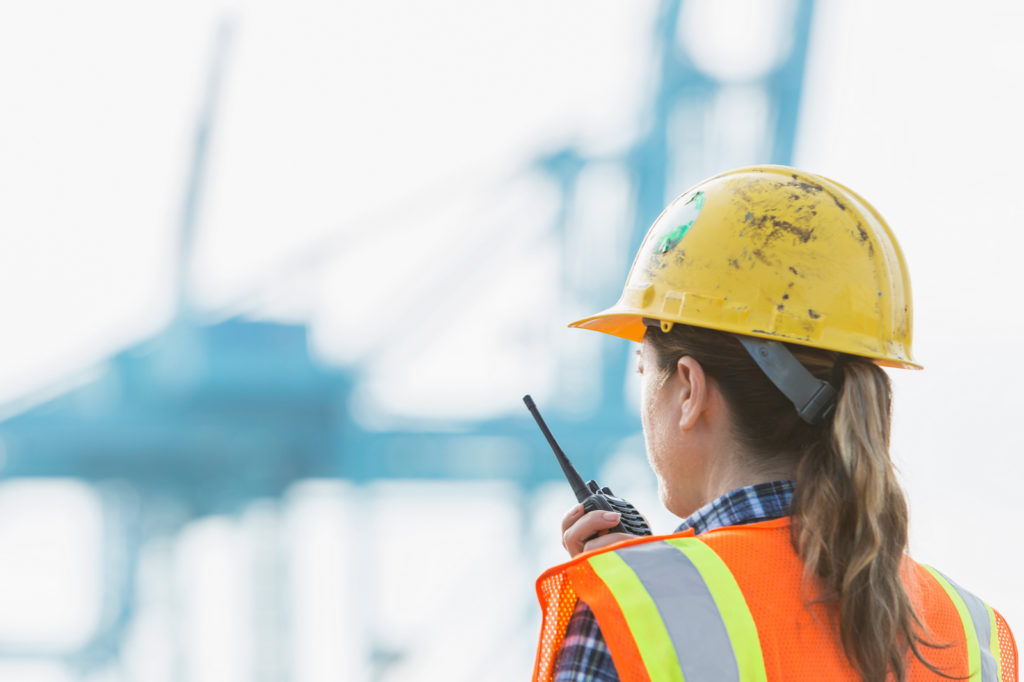ASTANA — The Kazakh government has approved 17 major projects worth 15 trillion tenge (US$31.1 billion) to form high-value-added clusters, the Prime Minister’s press service reported on Aug. 28.

Photo credit: Climit
These initiatives are set to generate over 26,000 jobs, increase exports by six trillion tenge ($12.4 billion), and facilitate import substitution exceeding 1.5 trillion tenge ($3.1 billion). The projects will focus on developing advanced manufacturing facilities, upskilling the local workforce, and fostering partnerships with domestic suppliers.
These projects will provide 100% of the raw material base for steelmaking by processing hot briquetted iron, targeting a production volume of up to two million tons. Steel production is anticipated to increase from three to six million tons annually. Also, oil refining volumes are expected to rise from 18 to 24 million tons per year.
The initiatives include establishing facilities capable of producing up to 1.25 million tons of polyethylene and 735,000 tons of polyethylene terephthalate annually. New production lines for urea products will also be built, with a capacity of up to 577,000 tons per year.
Among the significant economic benefits is an increase in the localization of automobile production from 10% to 50%, with two plants manufacturing 160,000 cars annually.
These projects will also support tourism cluster development, promoting business and investment activities. There will be an increase in the export of high-value-added food products such as gluten, starch, glucose, and fructose.
